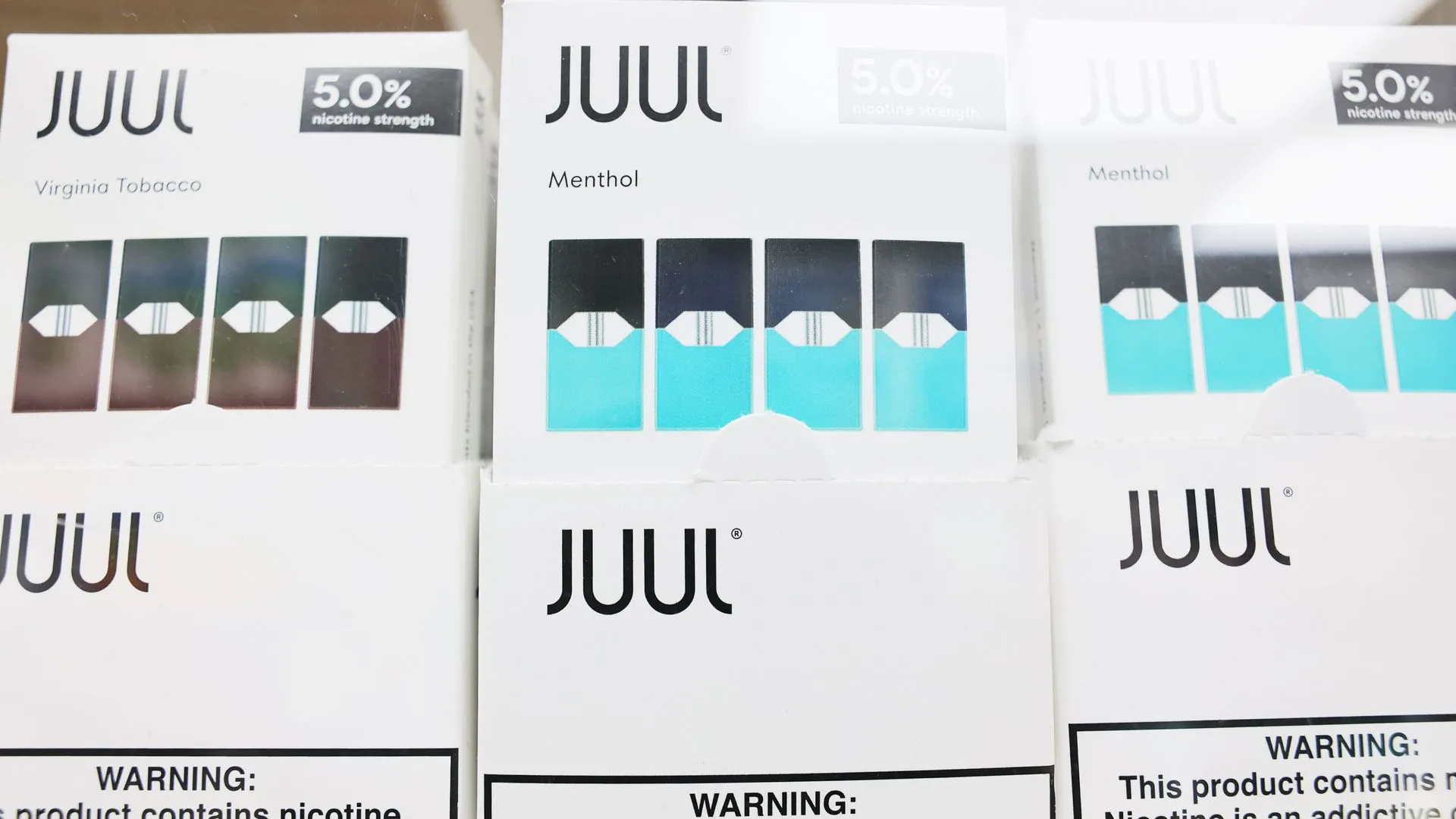Juul Wins FDA Approval for E-Cigarettes: What This Means for the Market
In a significant development for the vaping industry, Juul Labs has reportedly received authorization from the U.S. Food and Drug Administration (FDA) to sell its e-cigarette products in the United States. This decision comes after months of scrutiny surrounding the health implications of vaping and the company’s marketing practices, particularly concerning youth attraction.
The announcement, made earlier this week, is a critical moment for Juul as it attempts to navigate a turbulent regulatory environment that has increasingly focused on curbing youth smoking rates. The FDA’s endorsement allows the company to market and distribute its signature Juul devices and various flavored cartridges, which had previously been under review since the FDA initiated a rigorous evaluation of all tobacco products.
Understanding the FDA’s Decision
The FDA’s decision to authorize Juul’s e-cigarettes highlights the agency’s ongoing effort to manage the dual challenge of reducing tobacco-related harm while addressing the epidemic of vaping among teenagers. Juul’s application came under fire during the past few years, as critics pointed to the brand’s popularity among young people and concerns that its products could serve as a gateway to traditional tobacco use.
However, the FDA determined that Juul’s e-cigarettes could benefit adult smokers trying to quit combustible cigarettes. By providing a less harmful alternative, the agency has opted to grant Juul permission to remain in the market, albeit under strict regulatory compliance. In its assessment, the FDA stated that Juul’s products meet the necessary criteria of being appropriate for the protection of public health.
What Does This Mean for Consumers and the Industry?
For consumers, this FDA authorization signifies that Juul’s products can now be legally purchased and used without the looming threat of being pulled off the shelves. Adult smokers looking for alternatives may find Juul’s offerings appealing, given their popularity and accessibility. The FDA’s nod could lead to Juul reintroducing flavors that were banned in various jurisdictions, thereby catering to a broader audience.
Moreover, this decision is likely to boost investor confidence in Juul and similar companies within the vaping industry. Investors have been cautious, scrutinizing how regulatory hurdles could impact profitability and sustainability. Now, with FDA authorization, Juul can refocus its marketing strategies and establish a more robust presence in the e-cigarette market.
Potential Public Health Implications
While Juul’s authorization could potentially help adult smokers transition away from traditional cigarettes, experts warn of the implications for youth. Critics argue that allowing Juul’s products back into the marketplace acknowledges a failed battle against youth vaping. The resurgence of flavored products, frequently favored by younger users, raises ongoing concerns about addiction and health effects.
Public health advocates have expressed frustration with the FDA’s decision, arguing that it undermines efforts to reduce vaping among teens. Some fear that while adults may benefit from the availability of reduced-harm alternatives, this could simultaneously set off an increase in youth consumption.
Juul’s Challenges Ahead
As Juul emerges from this regulatory battle, it faces numerous challenges. The company must work diligently to restore its image and establish itself as a responsible player in the e-cigarette market. Part of this will involve a commitment to responsible marketing practices, ensuring that they are not targeting youth populations in their advertising efforts.
Juul has pledged to invest in educational initiatives aimed at informing both adults and teens about the risks associated with vaping. They are also expected to enhance age verification measures to prevent underage access to their products. Transparency and accountability will be essential elements for the brand moving forward, particularly in light of previous controversies regarding their marketing strategies.
The Broader Impact on Tobacco Regulation
This decision also shines a spotlight on the broader landscape of tobacco regulation within the U.S. The shifting approach by regulators could prompt other e-cigarette manufacturers to seek similar approvals. It may encourage innovation within the sector as companies seek to create products that meet regulatory standards while attracting adult smokers.
Moreover, Juul’s approval may influence future policies and regulations surrounding vaping and tobacco products. State and local governments will likely respond to Juul’s re-entry into the market by scrutinizing their own regulations, particularly around flavors and marketing practices.
Conclusion
Juul’s recent FDA approval marks a transformative moment for the e-cigarette landscape in the U.S., raising essential questions about public health, youth consumption, and the ongoing fight against tobacco. While this decision opens new doors for the company, it is accompanied by the weight of responsibility to ensure safety and compliance in marketing efforts. With the vaping epidemic still a concern, Juul’s journey moving forward will serve as a critical case study in balancing adult access to alternatives while protecting the health of young people.
As this narrative continues to evolve in the coming months, stakeholders from health advocates to industry leaders will keep a close watch on how Juul maneuvers through this pivotal moment in its history. The implications of this approval may reverberate across the industry and beyond, shaping the future of tobacco regulation and public health in America.







